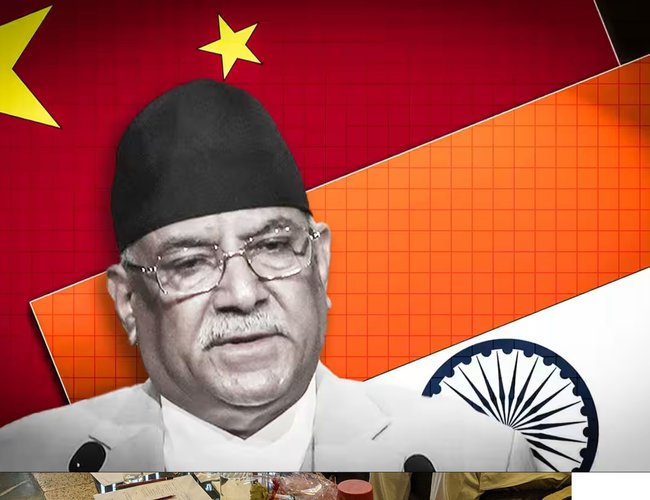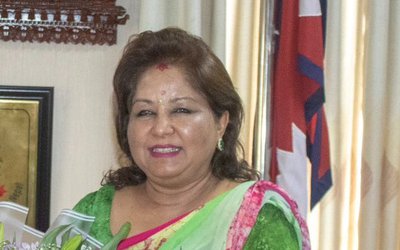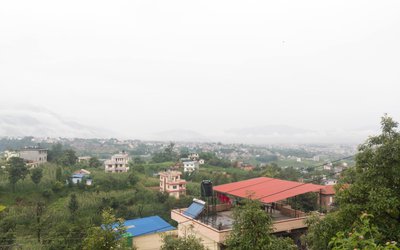
A shock political shakeup in Nepal is set to push the Himalayan nation closer to Beijing, aggravating a bitter China-India rivalry as the giant neighbors jockey for influence across South Asia.
Nepal's prime minister, Pushpa Kamal Dahal, popularly known as Prachanda, surprised Indian observers last week when he ditched his Delhi-leaning coalition partner for staunch China ally K.P. Sharma Oli, head of the Communist Party of Nepal (United Marxist-Leninist).
The new power-sharing agreement came just weeks after Nepal's foreign minister -- who is also a leader in the dumped coalition partner Nepali Congress -- met with his Indian counterpart in Delhi to discuss strengthening bilateral ties.
The joining of Nepal's two-biggest communist parties also follows India's retreat from the Maldives where a new pro-China leader pledged to end his island nation's "India first" policy.
"There is a strong dislike among some political parties about India. Though it is a very important neighbor, many political parties don't trust it," said Yubaraj Ghimire, a Kathmandu-based political commentator. "This often leads them to lean towards China as a counterbalance to India's influence."
Delhi has regained much of the diplomatic ground in Sri Lanka that it had lost to China and holds a stronger position in Bhutan and Bangladesh, where it has close ties with recently re-elected Prime Minister Sheikh Hasina, despite opposition calls to reduce India's influence. Indian Prime Minister Narendra Modi heads to Bhutan next week with his government concerned about Chinese encroachment amid a push for early completion of a Sino-Bhutanese territorial agreement.
Developments in Nepal, however, have sparked speculation that the broader Sino-Indian tussle -- including bitter battles over territorial and border claims -- is set to heat up.
India has not reacted officially. However, the wranglings in Kathmandu are a clear setback for Delhi, observers said, as the new coalition also draws in several smaller leftist parties.
By contrast, China was quick to congratulate the new alliance and call for stronger ties, fanning rumors it played a behind-the-scenes role in the shakeup. A Chinese military delegation visited Nepal days after the shift and later pledged to beef up defense cooperation.
The possibility of an all-left alliance had raised eyebrows in Washington, which worked with Delhi to caution Nepalese leaders against such a move.
"India and the United States worked for months to ensure the communists don't form a government together in Kathmandu," Ghimire said. "The alliance is certainly a failure in that effort." Nikkei Asia
















